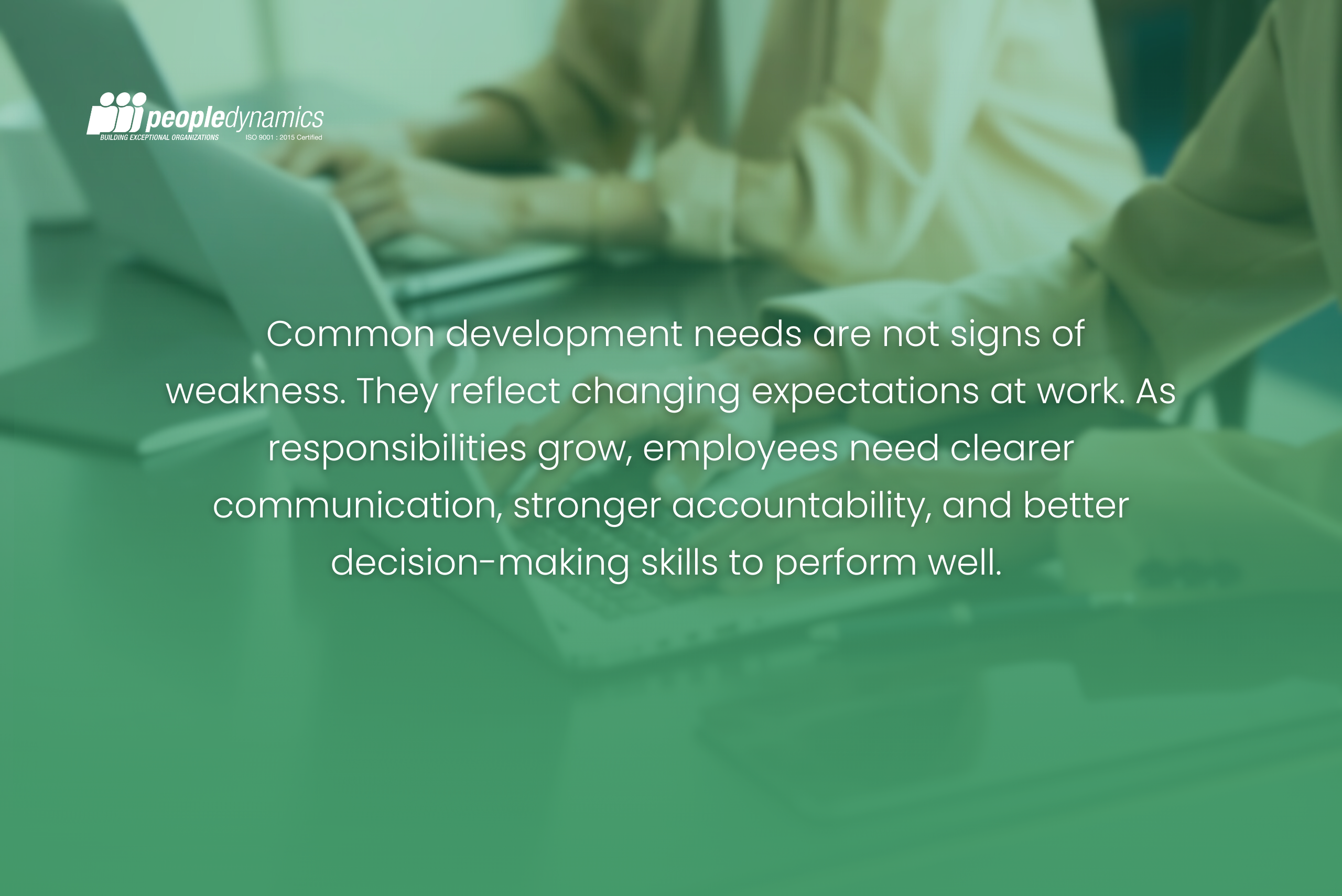The months of April, May, and June don’t only signify the season of summer, but also the graduation season. According to the Department of Education (DepEd), the first batch under the K-12 basic education reform program graduated last month with more than 1.2 million senior high school students. From this number, 600,000 are expected to join the workforce. So, what job opportunities in the Philippines can these fresh graduates expect?
Rappler Talk: Job Opportunities in the Philippines
Last May 2, 2018, Rappler Talk, hosted by Boris Joaquin, interviewed Dr. Jocelyn Pick, Profiles Asia Pacific and People Dynamics’ very own Managing Director, and People Management Association of the Philippines’ (PMAP) Board of Trustee, about this topic.
Here’s a rundown of what they have discussed:
Present Situation: K-12
With the first batch graduating, Boris asked Dr. Jocelyn to pick on its impact on employability and industries. Some points raised by Dr. Pick are:
- A lot of people are still saying that they won’t be hiring high school graduates.
- However, the job market is a level playing field—the skills that the senior high students possess are validated by what the industry needs.
- Competencies are now more important than credentials. Everybody has to be better than average, and if they are skilled with something, they should be really good at it.
- Even colleges are now introducing certification programs for certain skills, proving the importance of competencies.
- The People Management Association of the Philippines (PMAP) keeps track of the preferences of hiring managers. In 2010, when asked about what type of students will these managers hire in terms of educational level, 60% of the respondents answered that they’re only willing to accept college graduates and only 2% are willing to hire high school graduates.
- They did the survey again in 2017 and there was a difference. From 60%, the managers who are only willing to hire college went down to 50%, and the managers willing to hire high school graduates went up to 28%. One factor to consider is that not all jobs require a college degree.
To help, according to Dr. Pick, we need to advocate a changing mindset. Employers are not the only ones concerned. One of the promises of the government, when they implemented the K-12 program, was employability, so they should also contribute to advocating a different mindset.
As a College Graduate
Considering that 600,000 senior high school graduates will be looking for jobs, wouldn’t it be a threat to college graduates?
Dr. Pick said that college graduates shouldn’t feel threatened. Their edge would be that they are more mature, more experienced—with internships and others, and they have a more holistic education. The job market is not just skills-based. They would be competing yes, but it all comes down to their attitude when seeking a job.
It also comes down to job fit, which Dr. Pick is an advocate of. It’s about the job seekers’ understanding of who they are and what are their abilities. And then, being able to communicate those abilities to the company, and being able to present themselves as someone that the company is looking for.
As a High School Graduate
With maturity and experience as advantages of college graduates, high school graduates must be able to show to employers that they have maturity in their age and that they have experience. Experiences that they can present are internships, part-time jobs, or volunteer works.
You can know more about the topic of job opportunities in the Philippines by watching Dr. Jocelyn Pick’s interview below!




